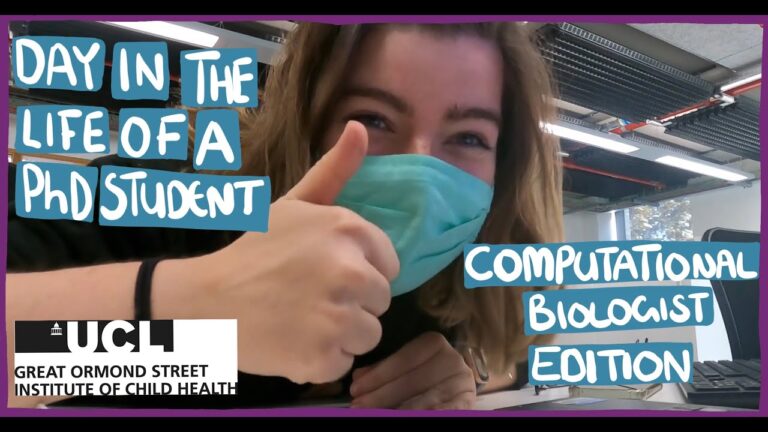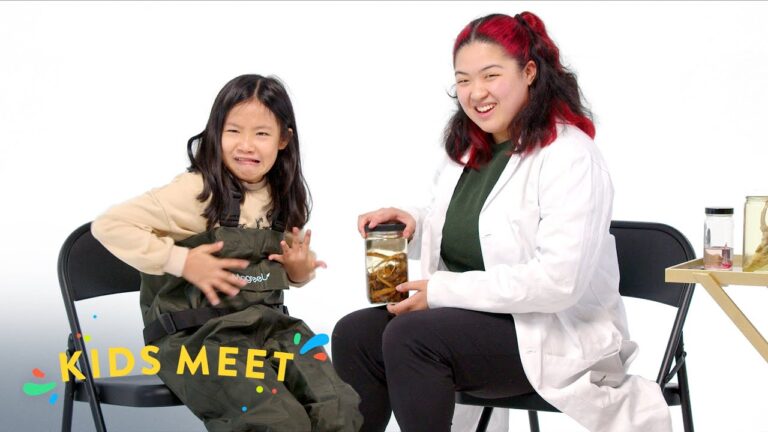Discover the Role and Salary of a Community Health Practitioner

Community Health Practitionerʼ Job Description Template
Community Health Practitioner’s Job Description A Community Health Practitioner is a professional who works closely with communities to promote and improve their overall health and well-being. They play a crucial role in assessing community health needs, developing health programs, and implementing strategies to address various health issues. One of the primary responsibilities of a Community Health Practitioner is to conduct community health assessments. They gather data, analyze health trends, and identify the specific health needs of the community. This information helps them develop targeted health programs and interventions to address these needs effectively. Another important duty of a Community Health Practitioner is to collaborate with community members, organizations, and healthcare providers to implement health programs. They organize community events, workshops, and health education programs to raise awareness about preventive measures, healthy lifestyle choices, and disease management. They also provide counseling, support, and referrals to individuals who require specialized healthcare services. Furthermore, a Community Health Practitioner acts as an advocate for the community, representing their health concerns and needs to policymakers, healthcare organizations, and government agencies. They work towards improving access to healthcare services, reducing health disparities, and promoting equity in healthcare. In summary, a Community Health Practitioner plays a critical role in improving community health by assessing needs, developing and implementing health programs, and advocating for better healthcare services. Their work contributes to the overall well-being and quality of life of the community they serve.Community Health Practitionerʼ Responsibilities
Community Health Practitionerʼ Requirements
How Much Does A Community Health Practitionerʼ Make?
Community Health Practitioner’s Salary
| Job Title | Salary Range |
|---|---|
| Community Health Practitioner | $45,000 – $80,000 per year |
A community health practitioner’s salary typically ranges from $45,000 to $80,000 per year. These professionals play a crucial role in promoting and maintaining the health of individuals and communities. They work in various settings, such as public health departments, community clinics, and non-profit organizations. Community health practitioners assess community health needs, develop and implement health programs, and educate individuals on preventive measures. They collaborate with other healthcare professionals and community leaders to address health disparities and improve overall well-being. Due to the importance of their work, community health practitioners are compensated with competitive salaries.
Community Health Practitionerʼ Salaries by Country
Top Paying Countries for Community Health Practitioner
| Country | Average Salary (USD) |
|---|---|
| United States | $80,000 |
| Switzerland | $75,000 |
| Australia | $70,000 |
| Norway | $65,000 |
| Canada | $60,000 |
A Community Health Practitioner is a healthcare professional who works directly with individuals and communities to promote overall health and well-being. They play a vital role in assessing community health needs, implementing health education programs, and providing preventive care services.
Based on salary data, the top paying countries for Community Health Practitioners are the United States, Switzerland, Australia, Norway, and Canada. In the United States, the average salary for these professionals is $80,000 per year. Switzerland follows closely with an average salary of $75,000, while Australia offers an average of $70,000. Norway and Canada also provide competitive salaries of $65,000 and $60,000 respectively.
This information highlights the potential for a rewarding career in Community Health Practice, particularly in these top paying countries. Community Health Practitioners in these nations can expect excellent compensation for their expertise and dedication to improving public health.
A video on the topic Community Health Practitionerʼ
Video Source : AJ HEALTH MATTERSInterview Questions for Community Health Practitionerʼ
1. Can you explain what a Community Health Practitioner does?
A Community Health Practitioner is a healthcare professional who works within a community or public health setting to promote and maintain the health of individuals and communities. They provide preventive care, health education, and support services to improve the overall well-being of the community.
2. What are the main responsibilities of a Community Health Practitioner?
The main responsibilities of a Community Health Practitioner include assessing the health needs of the community, developing and implementing health programs, conducting health screenings and assessments, providing health education and counseling, and collaborating with other healthcare professionals and organizations to address community health issues.
3. What qualifications and skills are required to become a Community Health Practitioner?
To become a Community Health Practitioner, you typically need a bachelor’s degree in public health or a related field. Strong communication and interpersonal skills, knowledge of public health principles and practices, ability to work with diverse populations, and problem-solving skills are also important for this role.
4. How do you assess the health needs of a community?
To assess the health needs of a community, a Community Health Practitioner may conduct surveys, interviews, and focus groups to gather information about the health concerns, behaviors, and resources available in the community. They may also analyze health data and trends to identify priority areas for intervention.
5. Can you give an example of a health program you have developed and implemented?
One example of a health program I have developed and implemented is a smoking cessation program in collaboration with local schools and community centers. We conducted educational workshops, provided counseling and support services, and distributed educational materials to help individuals quit smoking and improve their overall health.
6. How do you measure the effectiveness of your health programs?
To measure the effectiveness of health programs, we use various methods such as pre and post-program assessments, surveys, and feedback from participants. We also track relevant health indicators and compare them to baseline data to determine if the program has had a positive impact on the targeted health outcomes.
7. What strategies do you use to engage and educate the community about health issues?
I use a variety of strategies to engage and educate the community about health issues, including organizing community events, workshops, and health fairs. I also collaborate with local leaders, organizations, and schools to deliver health education programs, use social media and other digital platforms to reach a wider audience, and provide culturally sensitive and accessible health information.
8. How do you collaborate with other healthcare professionals and organizations?
I collaborate with other healthcare professionals and organizations by participating in community health coalitions, attending meetings and conferences, and establishing partnerships to address common health goals. We share resources, coordinate services, and work together to implement evidence-based interventions and improve the overall health outcomes of the community.
9. What challenges do you face in your role as a Community Health Practitioner?
Some challenges I face in my role as a Community Health Practitioner include limited funding and resources, addressing health disparities and inequities, and navigating cultural and linguistic barriers. Additionally, engaging and sustaining community participation can also be challenging at times.
10. What do you find most rewarding about being a Community Health Practitioner?
The most rewarding aspect of being a Community Health Practitioner is seeing the positive impact of our efforts on the health and well-being of individuals and communities. Knowing that I am making a difference and helping people lead healthier lives brings me great satisfaction and fulfillment in my work.






